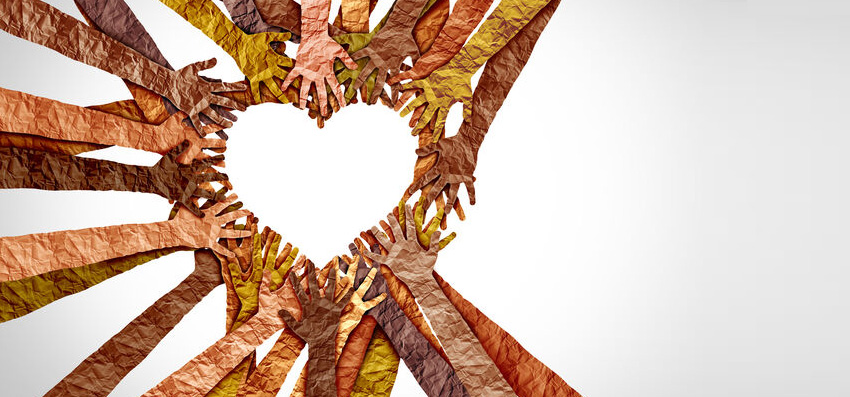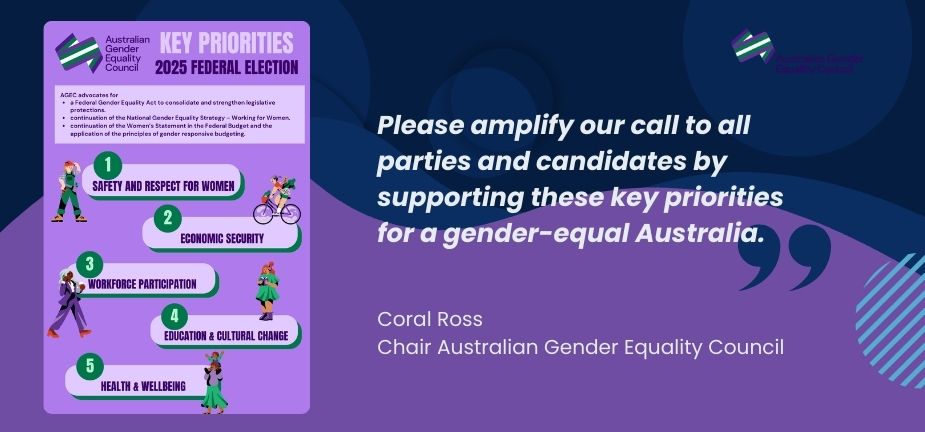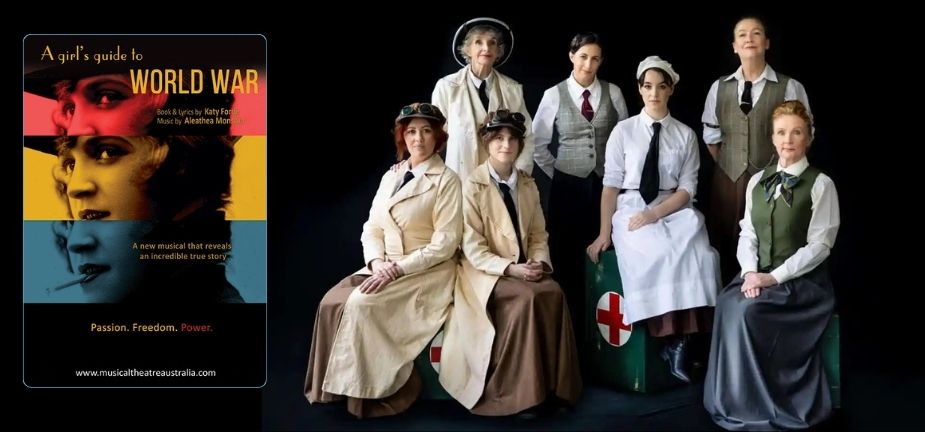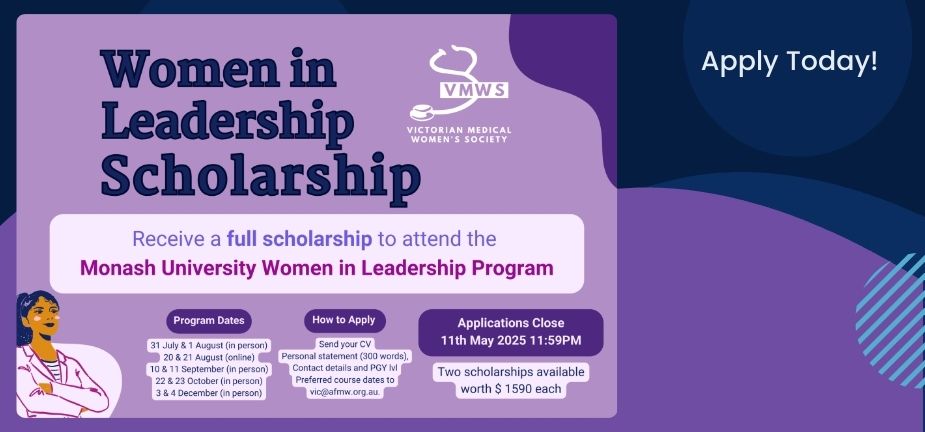Most conversations these days start with an exchange around how COVID-19 has affected us and our lives. In this article published in RACGP’s newsGP, Dr Magdalena Simonis distils what we have learned from the pandemic.
COVID-19 ‘creation stories’
Often we share stories of how hard it has been. Yet it’s time to stop and think about what we have learned and what we did with our time that we wouldn’t otherwise have done.
It’s already becoming difficult to believe that we had so many days in lockdown. And for those in Melbourne – nearly three hundred days of stage-four lockdown.
Yes, this has passed, and with the advent of vaccinations, oral treatments and milder COVID strains, it is unlikely that we will return to the same level of social isolation again.
But as a GP who has worked throughout the entire pandemic period, much of the support I provided my patients during the peak of lockdown was not for COVID-19 – rather it concerned their mental health and helping them deal with isolation.
One such case was of a patient of mine who suffered mental health decline after he had been separated from his spouse due to travel restrictions.
His wife had darted off to see her elderly parents at the first window of opportunity, but travel restrictions rapidly changed again, resulting in her being interstate for several months.
The isolation, intense online working hours and lack of social connections impacted his mental health severely and the thoughts were becoming darker. He didn’t know how to combat the darkness and increasing the dose of antidepressants he was already on did not shift these feelings.
I asked him to visualise his happy place from when he was a child and to connect with what he did when he felt happy playing on his own. He remembered that he used to love making models and painting them after putting them together.
We set out his next sessions and agreed that this would involve him updating me on the progress he made with his models. We called this his ‘COVID-19 creation story’.
After purchasing some complex models online, he proceeded to immerse himself in that happy place and reconnected with the child inside him and with play. After so many years, this activity filled a space that had been neglected and we observed a steady improvement in his outlook.
Eventually, he and his partner were reunited, and he shared his COVID-19 creation story with her and with friends.
It now represents more than lockdown loneliness and highlights the importance of reconnecting with that part of us that lies dormant since childhood, which can, when tapped into, become a source of joy, strength and creativity.
This and other similar COVID-19 creation stories filled my days, and also helped me with the weight of ‘compassion burnout’ as a GP.
I learned to exercise in my room between patients and designed my own version of ‘micro meditation’ techniques, which I shared with my patients who were experiencing high levels of stress. These included deep breathing and visualisation work.
Women in medicine
As a female GP, I have enjoyed the Open Forum AFMW sessions along with many of my peers. Held weekly in the initial stages of lockdown, as restrictions were loosened across states and territories and people could socialise face to face, these evolved into webinar sessions with guest speakers.
The Western Pacific Medical Women’s International Association (MWIA) bi-monthly meetings have also been a highlight for us all in getting to ‘meet our neighbours’ and interact on a more frequent basis and build friendships.
The MWIA mentoring and leadership sessions were fun to coordinate and gave me the opportunity to interact with hundreds of medical women. On one of those nights, the webinar had representation from 42 nations.
Personal connections
In our personal lives many of us took advantage of Facetime, and I particularly enjoyed connecting with relatives in Greece.
It allowed me the time to talk with cousins around their vaccination programs, their lockdown experiences, and gave me the opportunity to talk with my elderly relatives who needed explanations around the safety of vaccinations.
We also should acknowledge the power of Zoom. Despite us often complaining of screen fatigue from attending online meetings, many of us had Zoom sessions with friends and family from overseas.
As we all return to a life that resembles the pre-COVID lives we had, the frequency of these interactions have reduced, but the bonds have been strengthened and our next family visit to Greece will be something to look forward to even more than before.
Collaboration
As an RACGP spokesperson and a frequent COVID-19 webinar presenter, I felt a sense of amazement that the whole planet was on a simultaneous learning curve the entire time – no one was ever really in front and we were all facing some difficulties and had questions that needed to be resolved.
This taught many the importance of patience and of collaboration. Never before has the entire scientific world communicated so freely, openly and shared generously the gifts of research and discovery.
The emphasis was not on monetising science as much as it was around perfecting the solutions, and we discovered that determining what was best for one region did not necessarily apply for the other regions.
Australia is a vast country and we are an island, so being cut off from other states and territories and the rest of the world has forced us to look inside our perimeter and ask, how can we better support local industry? How can we repurpose existing infrastructure, skillsets and technology?
Whole industries flourished while others perished, and in that process, compassion surfaced as we listened to stories of successes and losses.
Looking ahead
The World Economic Forum agrees that for some, COVID-19 lockdowns have had positive outcomes such as spending more time outdoors and less time commuting to and from work, resulting in more time to do other things and being more appreciative of things we take for granted.
However, as I write this, I need to respectfully acknowledge that these benefits were not evenly distributed and we know that existing health inequities increased.
On a positive note, the structural changes needed to make the healthcare system more equitable are being developed by healthcare workers, advocates and policy advisors who are using the data derived during this period to help address these gaps.
As restrictions lifted, my husband and I went out on one of those afternoons of ‘relative freedom’ and sat outside one of our Melbourne ‘locals’ enjoying a bite to eat and a drink.
The mural on the wall outside encapsulated the feeling we were all sharing as we spoke with people on the other tables. The expression on everyone’s face said, ‘I’m so happy to see other people and be out here again – wow it’s a beautiful world out here’.
Many have made an incredible effort to keep the disease contained when we knew least about it and had the greatest fear of it spreading to our loved ones.
The effort was one of social responsibility and at personal expense, with most of us encouraging those around us to see it as a once-in-a-lifetime situation and for the benefit of many.
It was about the ‘we’ not the ‘me’. We really pulled together and our concept of community evolved.
My hope is that this becomes ingrained in our culture as a nation. I have no doubt that as the years pass, this generation will be talking of COVID-19 as a time of struggle, challenge and learning.
Hopefully, we can savour the positive aspects of this phase and also incorporate this into our own individual COVID-19 creation story.
Dr Magdalena Simonis
MBBS FRACGP DRANZCOG MHHS
President Australian Federation of Medical Women
National COVID-19 Taskforce expert advisory group
Associate Professor Magdalena Simonis AM is a Past President of the AFMW (2020-2023), former President of VMWS (2013 & 2017-2020) and current AFMW National Coordinator (2024-2026). She is a full time clinician who also holds positions on several not for profit organisations, driven by her passion for bridging gaps across the health sector. She is a leading women’s health expert, keynote speaker, climate change and gender equity advocate and government advisor. Magda is member of The Australian Health Team contributing monthly articles.
Magdalena was awarded a lifetime membership of the RACGP for her contributions which include past chair of Women in General Practice, longstanding contribution to the RACGP Expert Committee Quality Care, the RACGP eHealth Expert Committee. She is regularly invited to comment on primary care research though mainstream and medical media and contributes articles on various health issues through newsGP and other publications.
Magdalena has represented the RACGP at senate enquiries and has worked on several National Health Framework reviews. She is author of the RACGP Guide on Female Genital Cosmetic Surgery and co-reviewer of the RACGP Red Book Women’s Health Chapter, and reviewer of the RACGP White book
Both an RACGP examiner and University examiner, she undertakes general practice research and is a GP Educator with the Safer Families Centre of Research Excellence, which develops education tools to assist the primary care sector identify, respond to and manage family violence . Roles outside of RACGP include the Strategy and Policy Committee for Breast Cancer Network Australia, Board Director of the Melbourne University Teaching Health Clinics and the elected GP representative to the AMA Federal Council. In 2022. she was award the AMA (Vic) Patrick Pritzwald-Steggman Award 2022, which celebrates a doctor who has made an exceptional contribution to the wellbeing of their colleagues and the community and was listed as Women’s Agenda 2022 finalist for Emerging Leader in Health.
Magdalena has presented at the United Nations as part of the Australian Assembly and was appointed the Australian representative to the World Health Organisation, World Assembly on COVID 19, by the Medical Women’s International Association (MWIA) in 2021. In 2023, A/Professor Simonis was included on the King’s COVID-19 Champion’s list and was also awarded a Member (AM) in the General Division for significant service to medicine through a range of roles and to women’s health.










